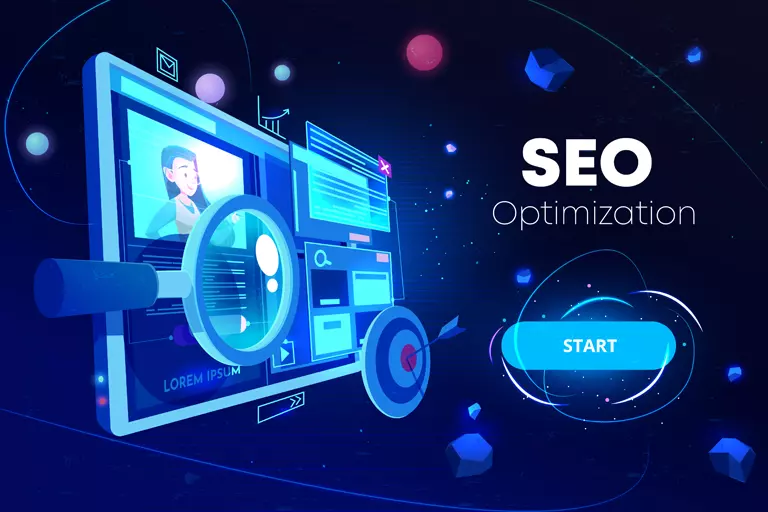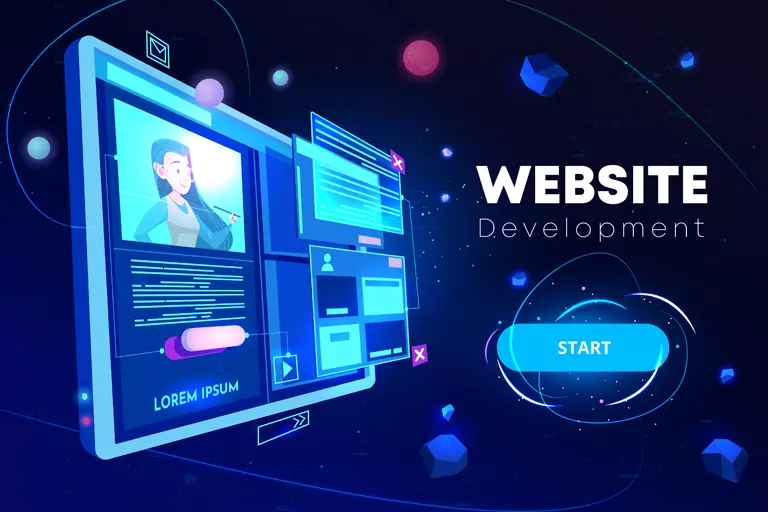Our Services
Digital marketing is important for several reasons. It offers a wide range of alternatives for connecting with potential clients worldwide, and it helps brands reach their target audience and promote their product or service. Digital marketing allows brands to target a more specific or niche audience, build a wider audience that trusts the brand, and provide a great customer experience. It also enables real-time customer service, generates bigger revenues, retains more customers, and creates new satisfied consumers. Additionally, digital marketing is often more cost-effective than traditional advertising and enables you to measure success on a daily basis and pivot as you see fit.
If you want to learn more about digital marketing and why it’s so important, you can check out this source.




Client's Testimonials

FAQ
how to get more business through facebook ads?
To get more business through Facebook ads, you can follow these tips to maximize the return on investment (ROI) from your ad campaigns:
Go broad with your ad targeting: Reach a wider audience by targeting a broader range of people.
Start with a compelling offer: Begin your campaign with an attractive and compelling offer to capture the attention of potential customers.
Use freebies: Offer freebies or giveaways to incentivize people to engage with your ads.
Do a sweepstakes or giveaway: Organize a sweepstakes or giveaway to generate interest and engagement.
Add custom questions to your forms: Include custom questions in your forms to gather valuable information about your audience.
Experiment with different ad formats: Try different ad formats to see which ones resonate best with your target audience.
Set realistic goals based on your budget: Define achievable goals based on your budget and resources.
To run effective and successful Facebook ads, it’s important to answer this question first: what do you want your ads to do? Other crucial factors include understanding your audience, creating and nurturing them through a funnel, and interpreting data to make informed decisions.
facebook or instagram, which is best for quality audience?
When it comes to choosing between Facebook and Instagram for reaching a quality audience, it depends on various factors such as your target audience, marketing goals, and the type of content you want to share. Both platforms have their own strengths and can be effective for different purposes.
Facebook has a larger user base with 2.38 billion monthly active users, making it the top social media platform in terms of the total number of active users. It is known for its wide reach and ability to help you connect with a qualified audience. Facebook also offers features like link building, which can be beneficial for driving traffic to your website. Additionally, Facebook works well for targeting local audiences and has active community groups that can be leveraged for brand building.
On the other hand, Instagram has 1 billion monthly active users and is one of the fastest-growing social media networks globally. It excels in visual marketing and sees higher engagement levels compared to Facebook. Instagram is particularly effective for brands that rely heavily on visual content and storytelling. It offers features like Instagram Stories, which allow you to share engaging content with your audience.
To make an informed decision, consider the following points:
If your brand focuses on visual content and storytelling, Instagram might be a better choice due to its higher engagement rates and emphasis on visual marketing.
If you’re looking to reach a wider audience and leverage features like link building and community groups, Facebook could be more suitable.
Ultimately, it’s important to analyze your target audience, marketing goals, and the type of content you want to share before deciding which platform is best for your brand’s strategy.
Please note that these are general observations, and the effectiveness of each platform can vary depending on your specific circumstances.
how to get more revenue through online marketing?
To increase your revenue through online marketing, you can consider the following strategies:
Sell your own products: If you have your own products, you can sell them directly to customers through your website or online marketplaces.
Sell your own services: If you offer services, you can promote and sell them online.
Drop ship products: You can partner with suppliers who handle inventory and shipping, allowing you to focus on marketing and sales.
Recommend affiliate products: By becoming an affiliate marketer, you can earn a commission by promoting other companies’ products or services.
Sell ad space: If you have a popular website or blog, you can generate revenue by selling ad space to advertisers.
Create a joint venture with like-minded businesses: Collaborating with other businesses can help expand your reach and attract new customers.
Start an affiliate program: By creating your own affiliate program, you can incentivize others to promote your products or services and earn a commission for each sale they generate.
Build an online presence by using social media and search engine marketing: Utilize social media platforms and search engine marketing techniques to increase brand visibility and attract potential customers.
Connect with customers through email marketing: Build an email list and send targeted campaigns to engage with customers and drive sales.
Drive sales with affiliate marketing: Partner with affiliates who will promote your products or services in exchange for a commission on each sale.
These are just a few strategies to consider. It’s important to analyze your business model, target audience, and industry trends to determine the most effective approach for increasing revenue through online marketing.
total cost in online marketing for startup business
The total cost of online marketing for a startup business can vary depending on various factors such as the marketing strategies employed, the target audience, and the specific goals of the business. Here are some general insights to consider:
Minimum startup costs: According to a study, the minimum startup costs for a digital marketing business can be as low as $62.
Maximum startup costs: The maximum startup costs for a digital marketing business can go up to $41,111.
Average startup costs: On average, the startup costs for a digital marketing business are estimated to be around $23,698.
It’s important to note that these figures are specific to digital marketing businesses and may not directly apply to all types of startups. Additionally, it’s crucial to consider other expenses such as branding, ongoing updates, further development, and marketing budget allocation.
To determine the total cost of online marketing for your specific startup business, it’s recommended to analyze your unique requirements, target audience, and industry trends. This will help you create a more accurate estimate tailored to your business needs.
Please keep in mind that these figures are general estimates and may vary depending on your specific circumstances
